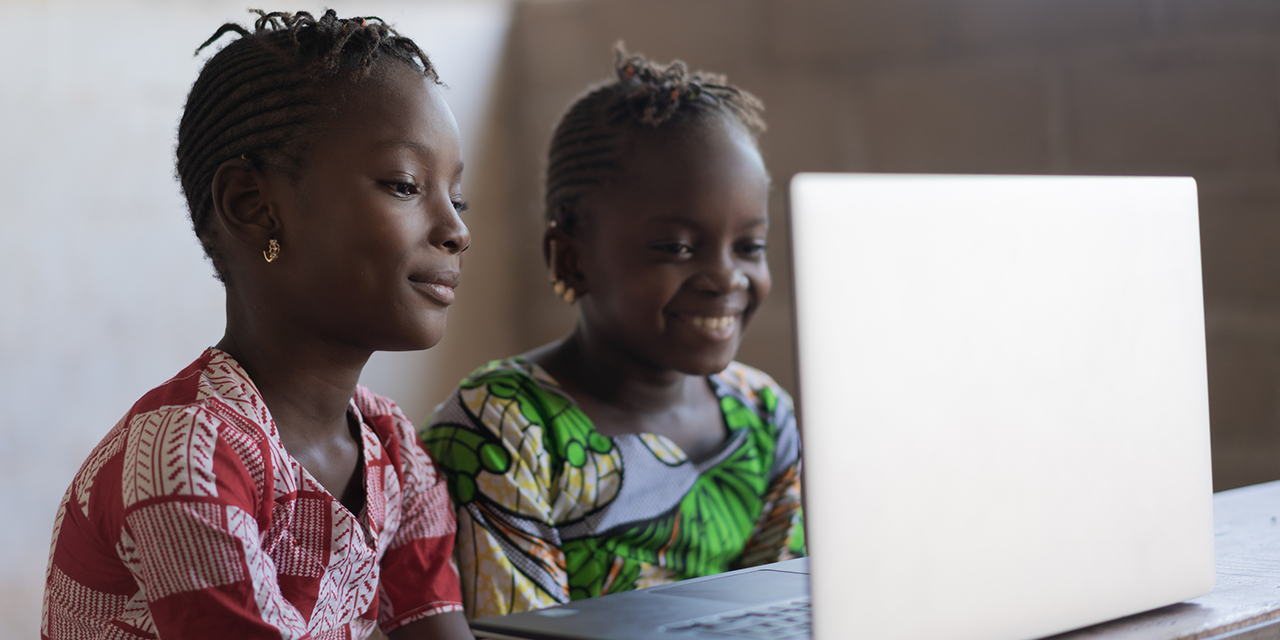A secure and resilient digital transformation
Led by Carnegie Mellon University Africa, the Upanzi Network is creating, testing, innovating, and assisting in implementing digital public goods across the continent. Launched in 2021, it is supported by the Gates Foundation. The network includes a laboratory at CMU-Africa and research nodes in Morocco, Botswana, and South Africa.

The Upanzi Network is an Africa-based collaboration of engineering research labs that is working toward a secure and resilient digital transformation on the continent.
Goals
- Build, experiment with, and contribute back to existing open standard digital technologies for the public good, and demonstrate technological solutions that can provide beneficial, cost-effective and interoperable digital services for Africans
- Implement secure, privacy-protecting, fair, resilient and trustworthy digital technologies
- Enable a more inclusive digital technology environment through the development of digital services that are well-suitable to resource-constrained individuals and environments
- Empower users of digital technologies by building and promoting the development of human-centered digital solutions
- Build a network of existing African academic institutions that will act as trusted players where decision makers get trustworthy guidance about different technological solutions
Thrust areas
- Cybersecurity
- Digital public goods/digital public infrastructure governance and deployment
- Public health and agriculture
- Data
- Connectivity
- Technology and society
- Capacity building
Open standard digital technologies for the public good
What is digital public infrastructure?
According to the United Nations Development Programme, digital public infrastructure (DPI) is a critical enabler of digital transformation and is helping to improve public service delivery at scale.
Impact highlights
Since it was launched, the Upanzi Network has made significant progress toward its goals. Its impact will grow exponentially with the addition of three new research nodes, announced in 2024.
Knowledge transfer
- The Upanzi Network holds regular stakeholder meetings and has co-organized 3 international conferences for African tech leaders and academics.
- Through its recently-launched Digital Experience Center, the Upanzi Network has hosted over 70 visitors and provided hands-on demonstrations about the research happening at the lead lab at CMU-Africa.
Capacity building
- Educated over 3,500 students across the continent about cybersecurity through picoCTF-Africa (part of the world's largest hacking competition run by CyLab Security and Privacy Institute). These participants were 23 percent female and included over 1,400 high schoolers.
- Through its internship program, the Upanzi Network has trained 40 student and early-career researchers.
- The Upanzi Network supports three professionals in residence.
Research
- The Upanzi Network has tested and assessed 260+ financial apps and 66,000 government e-services as part of its research on public assets vulnerability assessment.
- It has implemented the first-ever African Academic Security Operations Center to train students in security operations
- Researchers have developed a portal organizing access to over 5,000 African datasets
Read more about research in the Upanzi Network
DPG/DPI governance and deployment
- The Upanzi Network has assisted in deploying six digital technologies and implemented two use cases.

The Upanzi Lab at Carnegie Mellon University Africa is the first laboratory in the network. This lab focuses on tackling the network's goals in the East African region.
Keep up with the Upanzi Network
Read and subscribe to the quarterly Upanzi Network newsletter
Follow us on social media:
- X: @upanzi_network
- LinkedIn: The Upanzi Network at CMU-Africa
- Instagram: @upanzi_network
Technical collaborators








